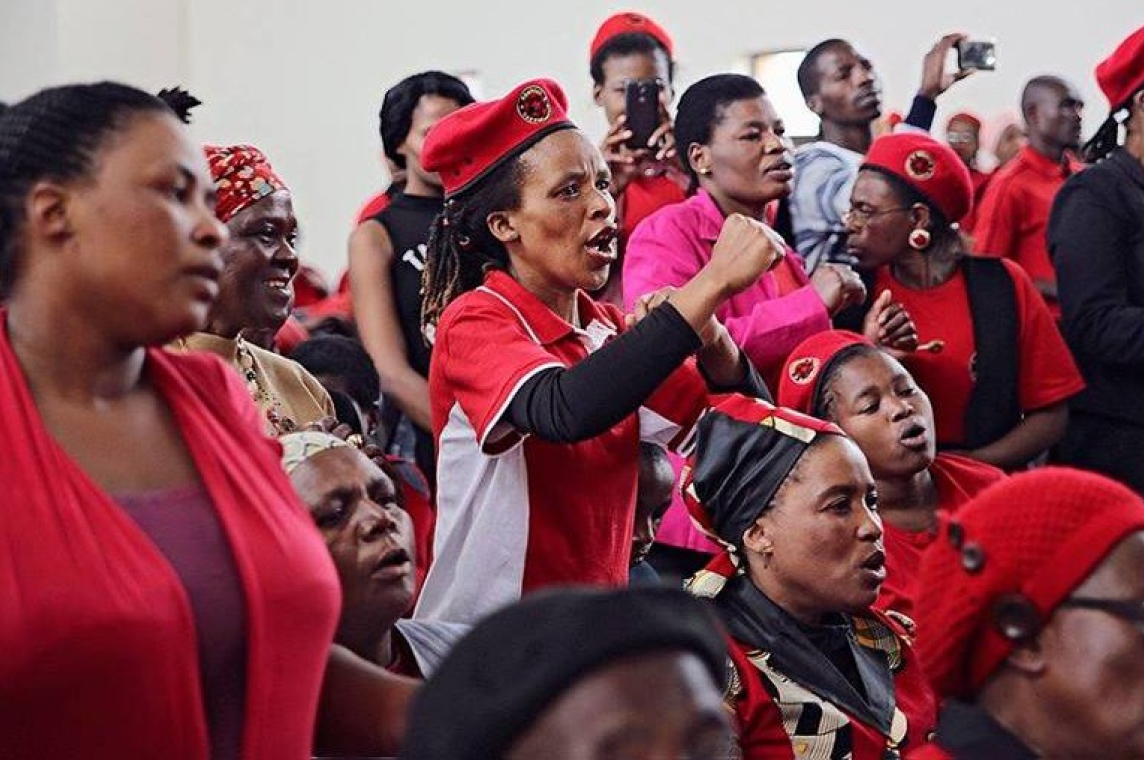Submission of ESCR-Net remarks to the Chair-Rapporteur and UN Open-ended Intergovernmental Working Group on transnational corporations and other business enterprises with respect to human rights, calling for a legally binding instrument to hold corporations accountable for their actions.
Summary:
- We call on States to reject textual proposals that embolden colonial legacies.
- We call on States to stop corporate capture and reject capitalist agendas in negotiations that prioritize profit over people.
- We reject the right of corporations to participate in the treaty process because they have an irreconcilable conflict of interest when it comes to regulating and remediating their own human rights impacts.
- We urge States not to promote or adopt any language that weakens the treaty, blurs legal obligations on parties, and removes specificity for important standards of legal liability and accountability to the benefit of corporate lobbyists and several demands of the Global North that can be associated with their colonial legacies.

